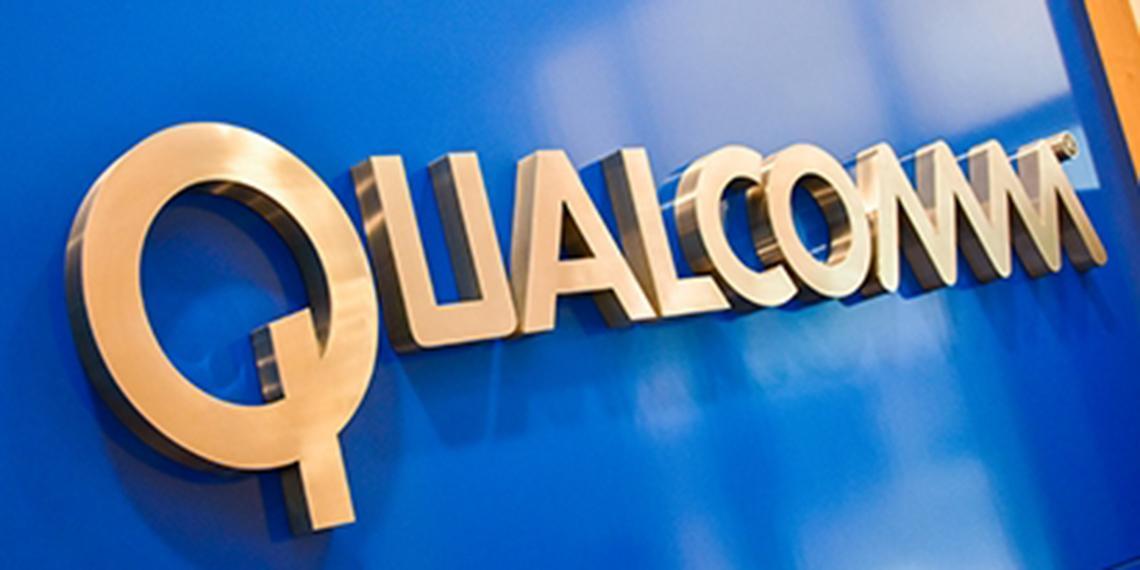Qualcomm has fired back at Apple after it sued the company on Friday, 20 January, over allegations of monopoly abuse. Some analysts suspect Apple is taking advantage of the monopoly abuse lawsuit filed against Qualcomm by the US Federal Trade Commission, to pave the way for other mobile chipset makers, in order to forge more deals. Analyst Patrick Moorhead said he believes Apple "is not comfortable in feeling that they have only one [chipset] source and are taking this opportunity to go after Qualcomm."
Apple claims Qualcomm owes it a billion dollars and says the company is refusing to pay since Apple cooperated with South Korean antitrust regulators looking into antitrust claims against Qualcomm in the country. However, the iPhone maker is being accused of hypocrisy since the company is facing its own monopoly abuse accusations regarding its App Store.
A lawsuit filed against Apple, Inc. in 2011, seeking hundreds of millions of dollars in damages for monopoly abuse regarding Apple's App Store, was revived recently. A US appeals court received the civil suit on January 12. Apple has been accused of creating a monopoly by making its App Store the only place to purchase iPhone applications.
Lack of competition has thus pushed App Store prices higher. Google now holds a considerable market share over Apple in terms of how many apps and users it has, according to a 2016 report by App Promoters; in fact, it's estimated to be as much as 75% market share for the Play Store.
Qualcomm has rejected Apple's monopoly abuse claims as baseless, and insisted the iPhone maker "intentionally mischaracterized" agreements between the two companies as well as the value of Qualcomm's technologies.
"While we are still in the process of reviewing the complaint in detail, it is quite clear that Apple's claims are baseless," responded Qualcomm general counsel Don Rosenberg in a statement. "Apple has intentionally mischaracterized our agreements and negotiations, as well as the enormity and value of the technology we have invented, contributed and share with all mobile device makers through our licensing program."
The statement continues, "Apple has been actively encouraging regulatory attacks on Qualcomm's business in various jurisdictions around the world, as reflected in the recent KFTC decision and FTC complaint, by misrepresenting facts and withholding information. We welcome the opportunity to have these meritless claims heard in court where we will be entitled to full discovery of Apple's practices and a robust examination of the merits."
Some analysts suspect Apple is trying to pave the way for other rival chipset makers to flourish, by taking advantage of the monopoly abuse claims being made against Qualcomm. Apple relies on Qualcomm for chip-based modems that enable iPhones and iPads to communicate with telecommunication networks. By playing into the antitrust claims against Qualcomm, Apple could forge better deals with its competitors, says Patrick Moorhead of Moor Insights and Strategy.
"I think Apple is not comfortable in feeling that they have only one source and are taking this opportunity to go after Qualcomm," said Moorhead. "Qualcomm is being looked at on every continent on the planet; this is probably, strategically, the right time for Apple to do this."










